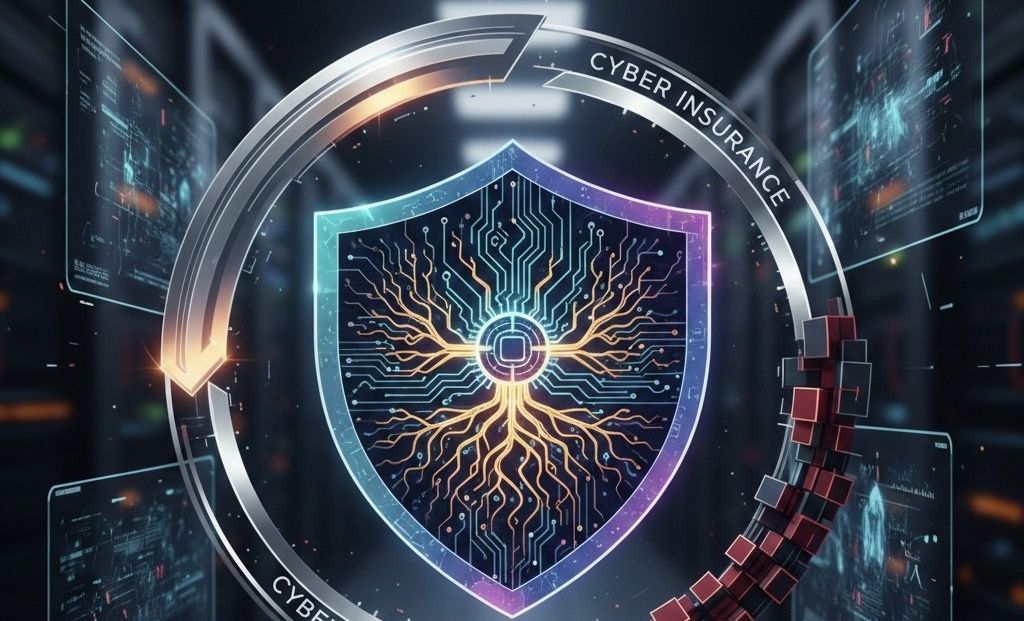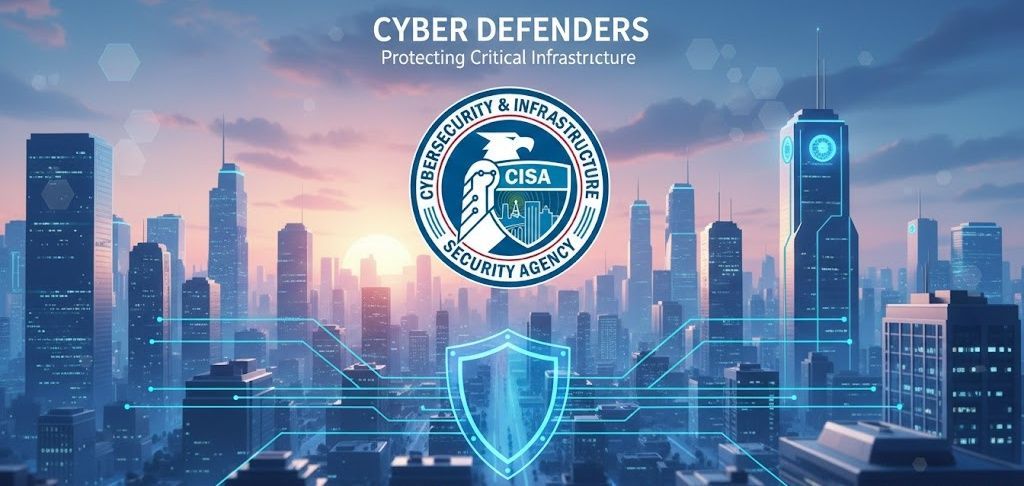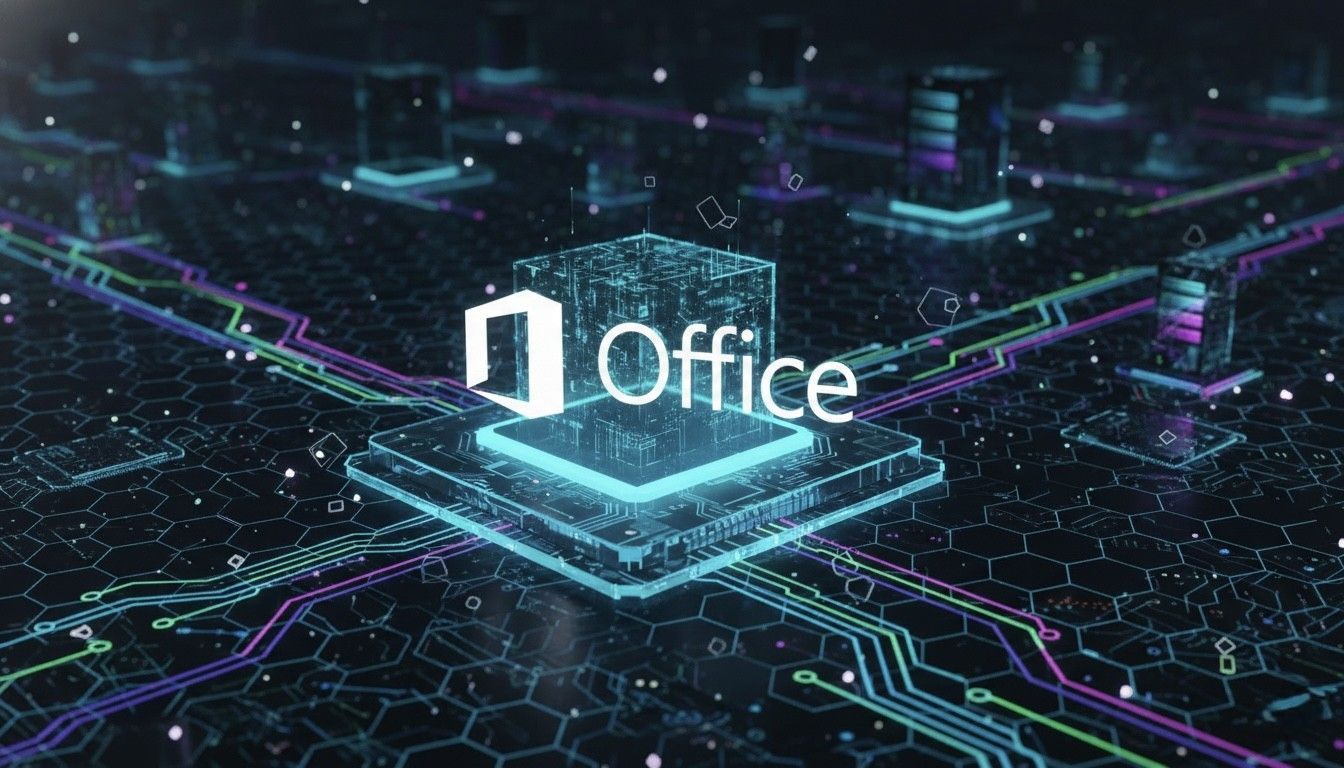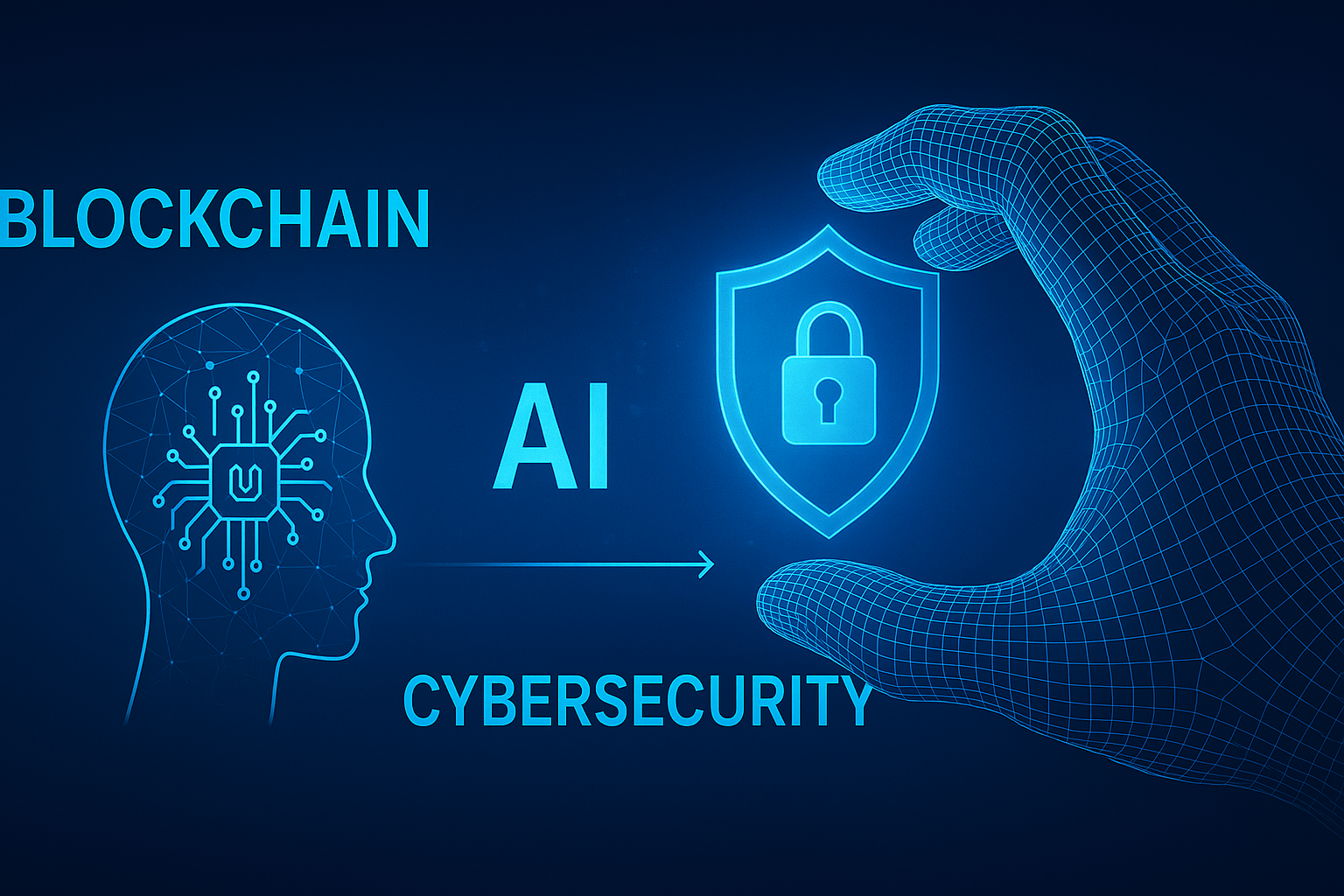Deploying Reliable "AI Agents"
Securing the Enterprise in an Era of Intelligent Threats
Picture your organization as a modern metropolis: data arteries pulsing with information, employees as its lifeblood, and unseen threats stalking every digital alley. AI agents—intelligent, tireless, adaptive—are fast becoming the watchful sentinels of this digital city. But here’s the uncomfortable truth: if these agents aren't reliable, they're a false sense of security. And that should send a chill down the spine of any serious business leader.
Beyond the Buzz: AI Agents vs. Simple Automations
In the mad dash to “AI everything,” there's a dangerous conflation between simple automation workflows and true AI agents. Automating an email response or syncing a spreadsheet is child's play compared to what reliable AI agents are built to do. We've been automating workflows for decades—there’s nothing revolutionary about a Zapier zap or a script that pushes data between apps.
What’s different now is the promise of autonomous, intelligent agents that can:
- Parse large datasets to detect early threat signals
- Orchestrate complex incident responses in real-time
- Learn and adapt across multi-agent ecosystems
But here’s the horror story most aren’t ready to tell: connecting these agents directly to your business-critical systems—OneDrive, Google Workspace, Salesforce, QuickBooks, even your personal email—without knowing exactly how they’re engineered?
That’s not innovation. That’s negligence.
The Hidden Threat in the Room
Prompt injection, shadow APIs, token leaks—terms that might sound technical, but here’s the kicker: you don’t need tech skills to exploit them. Anyone with clever prompt engineering can poke around the AI system you're connecting to your most valuable assets. And if you're a business owner, board member, C-suite executive, controller, or even the tech lead skating by on yesterday’s credentials, this should keep you up at night.
You’ve created a digital vault—and handed the master key to an intern with no security clearance.
Winners Will Tap Into Their Own LLMs
The game has changed. The winners won’t be the ones blindly connecting to public APIs—they’ll be the ones running custom LLMs offline, trained on their own secure data, with no third-party snooping. This used to be the domain of big enterprise. Now? Lawyers are processing 30,000 contracts in seconds using private models. Analysts are dissecting decades of financial data in minutes.
The first to build and deploy these systems at scale will dominate their industries. Imagine the first AI-native law firm: faster analysis, lower costs, and more money in the client’s pocket. When that firm shows up in court and bills a fraction of the standard rate—game over.
This isn’t hype. It’s already happening.
The Real Power of Reliable AI Agents
Deployed wisely, AI agents are transformative. At Krome IT, we’ve seen them:
- Monitor entire infrastructures for compliance breaches
- Securely analyze transactional data for anomalies
- Protect customer data across decentralized blockchain environments
- Reduce SOC alert fatigue through smart triage and prioritization
These aren’t plug-and-play automations. They’re mission-critical tools designed with hardened protocols, real-time observability, and zero trust architecture. And building them right? That takes time, expertise, and relentless testing.
Why Reliability Is Non-Negotiable
An unreliable agent is worse than no agent at all. It creates noise instead of clarity, gaps instead of bridges. That’s why we use:
- Test-driven development pipelines
- Agent reliability platforms like Galileo
- CI/CD for AI with human-in-the-loop supervision
Because if an agent can't be trusted when your data, reputation, and business continuity are on the line—it doesn’t belong in your ecosystem.
The Illusion of “Easy” AI
The reality is that too many are treating generative AI like it’s an office intern: plug it in, connect it to everything, and expect magic. But when AI misfires—leaks a document, exposes a client record, executes a flawed command—it’s your name on the lawsuit.
Educating yourself isn’t optional. It’s survival. And right now, too many executives are asleep at the wheel. Wake up before your company becomes the next cautionary tale.
Real Use Cases, Real Stakes
Think AI agents managing:
- Financial workflows: automating reconciliations while detecting fraud
- Customer support: resolving tickets faster with contextual understanding
- DevOps: predicting outages, deploying fixes, and escalating true anomalies
- Compliance: mapping sensitive data flows and logging access trails
But they must be built with resilience. With rigor. With the kind of oversight that can’t be faked in a weekend LinkedIn course.
Culture Is the Firewall
Security isn't software. It's culture. It’s executive buy-in. It’s employee training. It’s the decision to treat cybersecurity not as a checkbox—but as a core business function.
At Krome IT, we coach our partners to think beyond tools and into strategy. Simulations. Tabletop exercises. Scenario planning. Because when a breach happens, it’s not about blame—it’s about survival.
Final Thought: This Isn’t a Drill
Every day you delay, the threat actors get smarter. The vulnerabilities deepen. The AI arms race doesn’t wait. Ask yourself: Who’s really protecting your data right now? And do you trust them?
Visit
KromeIT.com to get ahead of the curve. Because building a secure, AI-driven future starts with one choice: doing it right.










